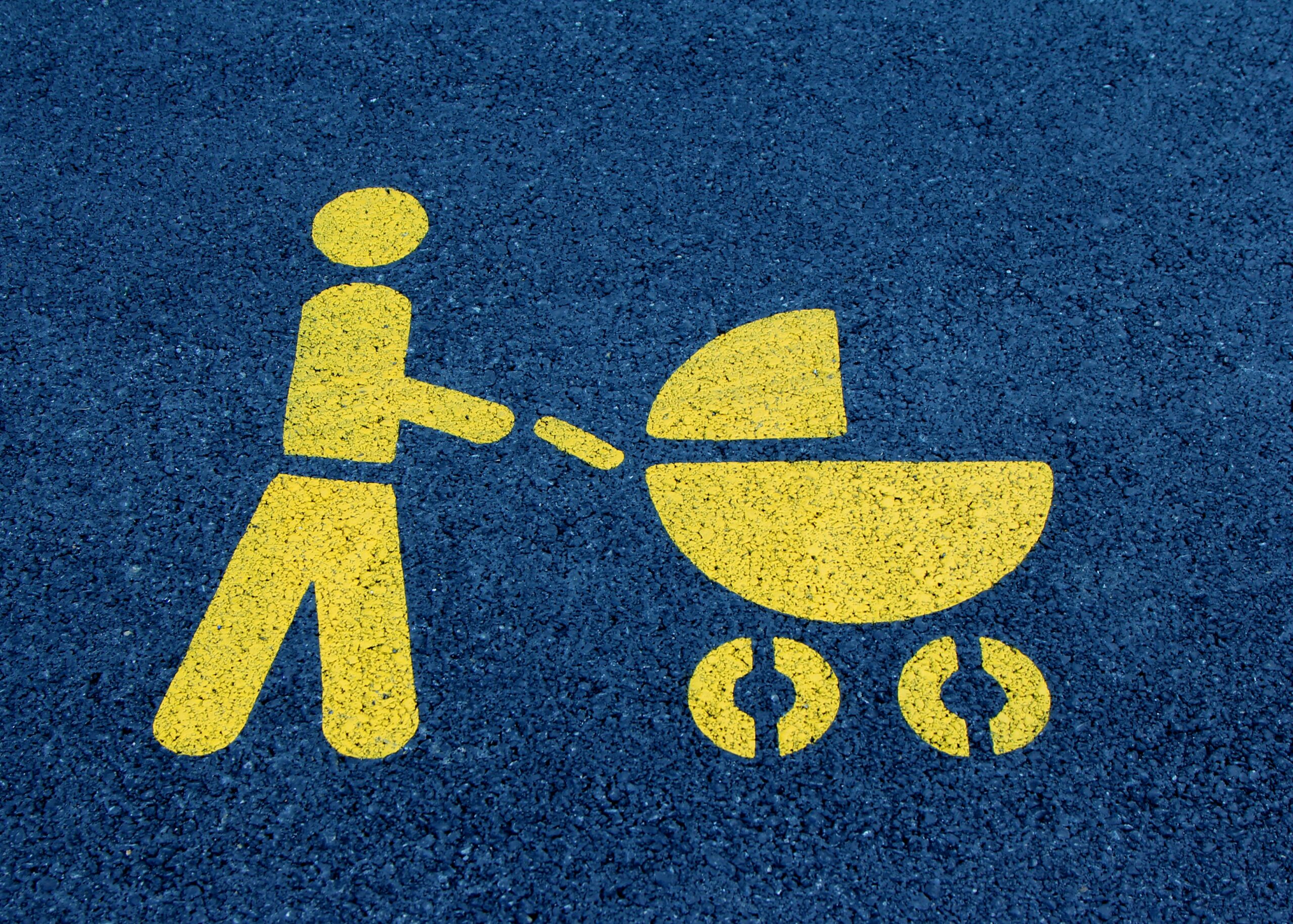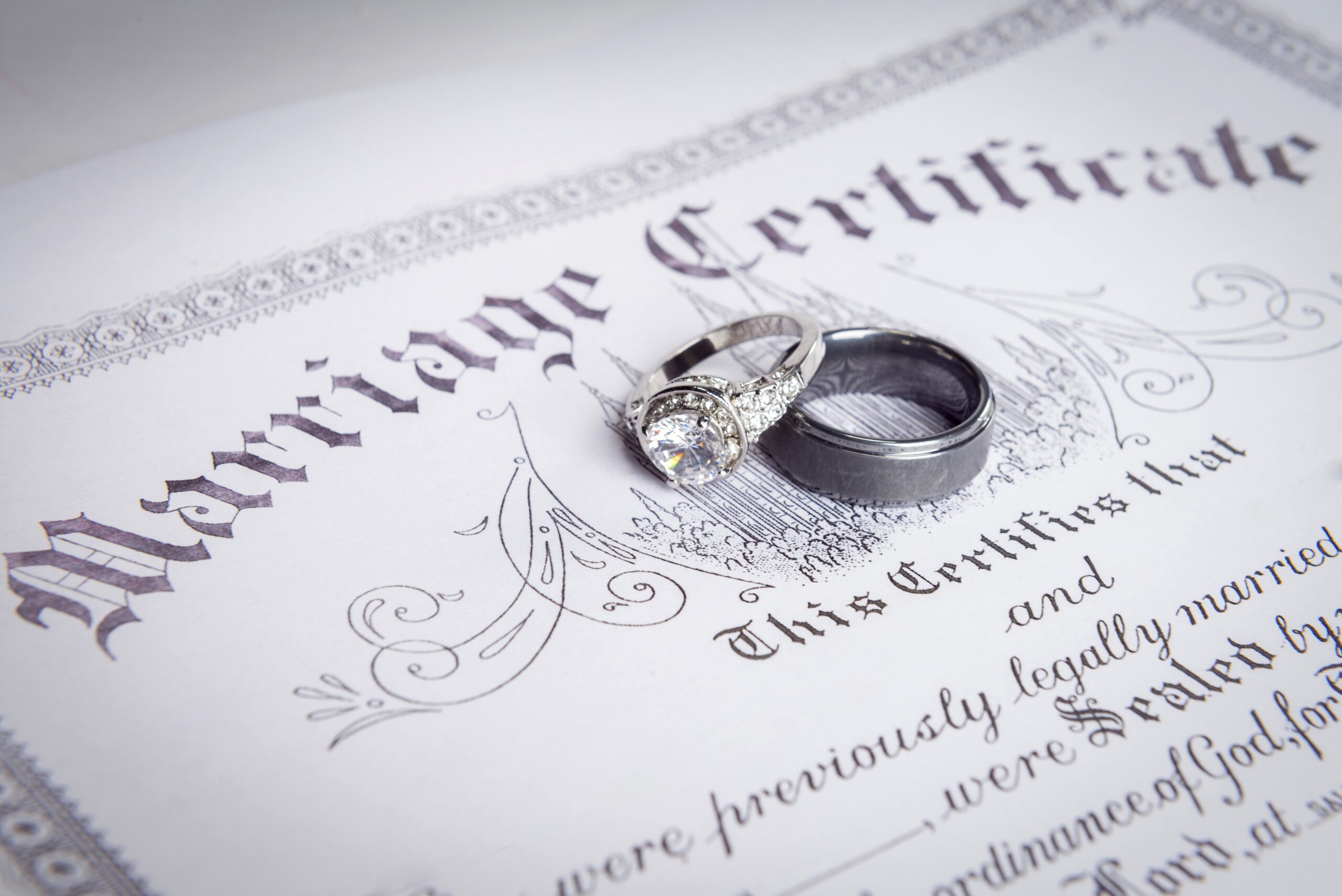In our post How to Disinherit a Child, and Why You May Want (or Need) to, we discussed how to disinherit a child in Massachusetts and New Hampshire, some reasons why to do so, and why it may even be beneficial in certain circumstances to disinherit a child. That post discusses what happens when a child is intentionally and specifically disinherited through an estate plan. Others have asked what happens in a situation where a child is unintentionally omitted from a will. Typically this happens when a child is born after a person (“testator”) executes a will.
The omitted child statutes in Massachusetts and New Hampshire are similar. Any distinctions between them are noted.
Any reference to the Massachusetts omitted child statute shall refer to GL c. 190B, § 2-302.
Any reference to the New Hampshire omitted child statute shall refer to RSA 551:10.
Omitted Child Statute

If you have or adopt a child after you execute a will, and you have not specifically and intentionally disinherited them, both Massachusetts and New Hampshire law include what is called the pretermitted (otherwise called “omitted”) child statute. This statute outlines how an after-born or after-adopted child will inherit.
If a Testator Had No Living Children When Executing Their Will
If the testator had no child living when the will was executed, an omitted after-born or after-adopted child receives a share in the estate equal in value to that which the child would have received had the testator died intestate (dying without a will), unless the will devised all or substantially all the estate to the other parent of the omitted child and that other parent survives the testator and is entitled to take under the will. For more on Massachusetts intestacy, read our blog: Massachusetts Intestacy: What Happens When You Die Without a Will?. For more on New Hampshire intestacy, read our blog: What Happens When You Die Without a Will in New Hampshire?.
New Hampshire law adds: “The share to which the omitted child shall be entitled under this subparagraph shall be satisfied first from the residue of the estate and if insufficient, from the other assets of the estate pro rata.”
If a Testator Had One or More Living Children When Executing Their Will
If the testator had 1 or more children living when the will was executed, and the will devised property or an interest in property to 1 or more of the then-living children, an omitted after-born or after-adopted child is entitled to share in the testator’s estate as follows:
(i) The portion of the testator’s estate in which the omitted after-born or after-adopted child is entitled to share is limited to devises made to the testator’s then-living children under the will.
(ii) The omitted after-born or after-adopted child is entitled to receive the share of the testator’s estate, as limited in subparagraph (i), that the child would have received had the testator included all omitted after-born and after-adopted children with the children to whom devises were made under the will and had given an equal share of the estate to each child.
(iii) To the extent feasible, the interest granted an omitted after-born or after-adopted child under this section shall be of the same character, whether equitable or legal, present or future, as that devised to the testator’s then-living children under the will.
(iv) In satisfying a share provided by this paragraph, devises to the testator’s children who were living when the will was executed abate ratably. In abating the devises of the then-living children, the court shall preserve to the maximum extent possible the character of the testamentary plan adopted by the testator.
When the Omitted Child Statute Does Not Apply
In both Massachusetts and New Hampshire, the omitted child statute does not apply when it is determined from the will that the omission was intentional.
Massachusetts further provides that the omitted child statute does not apply when the testator provided for the omitted after-born or after-adopted child by transfer outside the will and the intent that the transfer be in lieu of a testamentary provision is shown by the testator’s statements or is reasonably inferred from the amount of the transfer or other evidence.
Child Omitted Due to Mistaken Belief of Death

If a child is omitted from a will solely because the testator believes that child to be dead, both New Hampshire and Massachusetts law state that the child is entitled to share in the estate as if the child were an omitted after-born or after-adopted child.
This means the above provisions apply to a child that was living at the time the will was executed, but was omitted only because of a mistaken belief the child was dead.
Omitted Child’s Claim to Real Estate in Massachusetts
Massachusetts law provides that an omitted child can only take their share of real property if a claim is filed in the Registry of Probate by, or on behalf, of the omitted child within 1 year after the death of the decedent.
For a personalized review of your current estate, schedule a free consultation to discuss estate planning options, and determine what plan will be best for you and your family.
No information in this blog post is to be construed as, nor is intended to be, legal or tax advice. Consult with competent legal counsel and/or tax professionals prior to taking any action. Do not rely on any information contained in this blog post as the law changes from time-to-time and this blog post may not be updated to reflect those changes.
© Zuccaro Law, LLC. All Rights Reserved.






